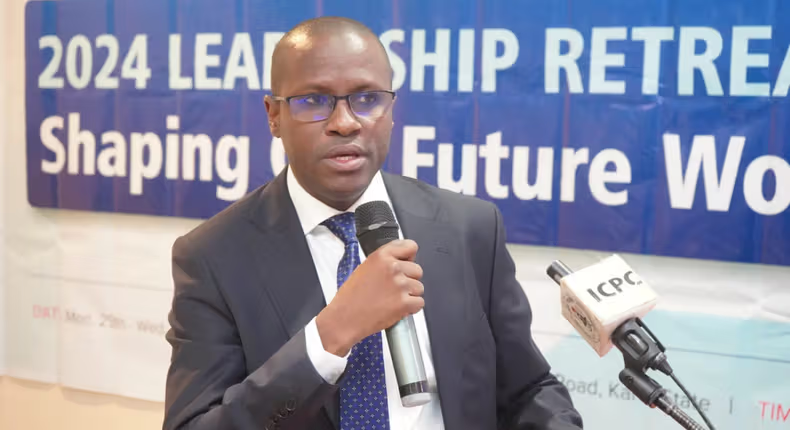The Independent Corrupt Practices and Other Related Offences Commission (ICPC) has reported the recovery of ₦13 billion in diverted public funds during September. The announcement was made by ICPC Chairman, Dr. Musa Aliyu, SAN, at the launch of the ICPC Strategic Action Plan 2024-2028 on Wednesday in Abuja, where he highlighted this achievement as a significant milestone.
Dr. Aliyu emphasized that this recovery underscores the commission’s ongoing commitment to fighting corruption and promoting accountability in Nigeria. He noted, “Over the past years, the ICPC has made significant progress in discharging its mandate; for example, we recovered over ₦13 billion diverted public funds in September 2024 alone.”
The chairman further stated that the commission is implementing ICT reforms to digitalize its operations, facilitating more efficient investigations, case management, and internal processes. This technological transformation aims to position the ICPC as a leader in utilizing technology to combat corruption effectively.
Additionally, Dr. Aliyu mentioned that the commission is developing a specialized curriculum to enhance the enforcement capabilities of its personnel. This initiative is designed to equip officers with the necessary skills to handle the complexities of corruption cases with the utmost professionalism.
The ICPC is also decentralizing its anti-corruption efforts by empowering state governments through the mobilization of state attorneys-general, ensuring that they have the tools and resources to combat corruption effectively at the local level. Dr. Aliyu recalled a successful conference held with state attorneys-general in September, which was attended by more than 30 chief law officers from various states.
In light of the findings from the Third National Corruption Survey, the commission is intensifying its anti-corruption campaign by actively engaging citizens, civil society, and the media. A notable initiative includes the upcoming EthicsPod digital community, aimed at promoting a culture of transparency and accountability in both public offices and daily life.
These efforts form part of the Strategic Action Plan 2024-2028, which builds upon previous achievements and outlines a clear direction for the future. The plan aligns with key national policies, such as the Nigeria Agenda 2050, the National Anti-Corruption Strategy 2022-2026, and the National Ethics and Integrity Policy.
Dr. Aliyu underscored the importance of preventing corruption, stating, “As we know, prevention is better than cure.” The ICPC has increased efforts to identify institutional vulnerabilities through System Studies and Corruption Risk Assessments. The commission continues to engage with the Anti-Corruption and Transparency Units (ACTUs) within ministries, departments, and agencies, bolstering grassroots monitoring efforts.
Looking forward, Dr. Aliyu reiterated that the success of the strategic plan relies on synergy, collaboration, and partnerships among stakeholders. He emphasized the need for collective sacrifice, discipline, and integrity from all involved in the fight against corruption.

